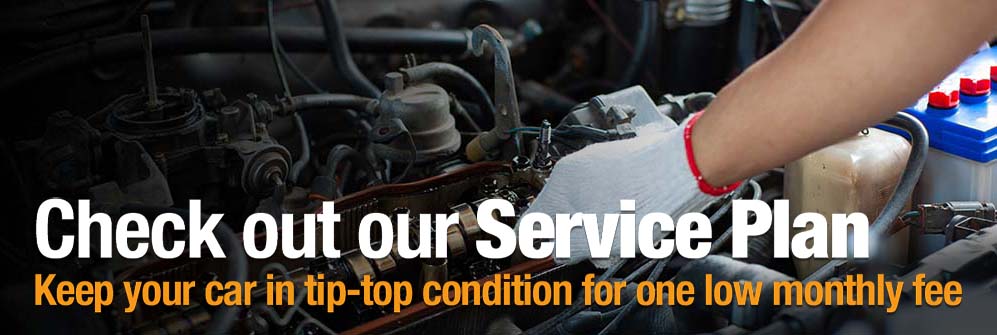What is a hydrogen fuel cell car?
Tuesday 24th October 2023
With the rise of electric and hybrid cars on the road. It could seem like the opportunity for innovation in the automotive market has reached its peak. However, there has been an increased investment in hydrogen fuel cell vehicles in recent years. And, although they might not be as commonly seen on the road as electric and hybrids, it could just be a matter of time before you see them on a road near you. In this article, we’ll explain what a hydrogen fuel cell car is, its advantages and disadvantages as well as our predictions for the future of hydrogen fuel cell vehicles.
What does a hydrogen fuel cell car mean?
Put simply, a hydrogen fuel cell car is a type of vehicle that uses hydrogen to power an electric motor. Unlike a traditional combustion engine found in petrol and diesel cars, a hydrogen fuel cell battery creates a chemical reaction between hydrogen and oxygen which creates power to make the engine run, with a byproduct of water.
What are the advantages of a hydrogen fuel cell battery?
There are a wealth of benefits to hydrogen fuel cell vehicles including;
- Zero emissions: As well as the obvious positive impact on the environment, those of you familiar with the emissions test on an MOT will understand the benefits of zero emissions when it comes to passing your test. Not to mention the benefit of driving through the ULEZ and clean air zones charge free.
- Long range: Compared to standard electric vehicles which typically have a range between 150-250 miles, hydrogen fuel cell cars have a range of up to 400 miles making them ideal for long distance driving.
- Refuel quickly: Hydrogen fuel cars are filled similarly to petrol and diesel cars, they just need to be topped up with hydrogen fuel, taking less time to refuel than electric vehicles.
- Lightweight battery: Electric vehicle batteries are notoriously heavy, whereas hydrogen fuel cell batteries are much more lightweight making them more favourable when considering size and space.
What are the disadvantages of a hydrogen fuel cell battery?
With the advantages of hydrogen fuel cell batteries, come the disadvantages. Some of the main disadvantages include:
- Lack of hydrogen infrastructure: As hydrogen fuel cell technology has not caught on to the mainstream just yet, there is a lack of infrastructure for refuelling making journey planning a challenge.
- Hydrogen production can be detrimental to the environment: A car where the only byproduct is water might sound a bit too good to be true. This is because the production of hydrogen can be from fossil fuels, resulting in carbon emissions.
- High cost: Hydrogen fuel is much more expensive than electric vehicle charging and traditional fuels such as petrol and diesel.
- Safe hydrogen fuel storage: To be stored safely Hydrogen must be compressed and kept at high pressure. This storage process can be complex and expensive.
What is the future of hydrogen fuel cell cars?
Currently, there are only 3 operational car hydrogen refuelling stations in the UK, and just a couple of hydrogen fuel cell vehicles on the market. However, there are a further three stations planned for refuelling hydrogen cars. The UK Government are currently rolling out its hydrogen strategy investing in hydrogen technology to help decarbonise transport in the UK, meaning hydrogen-powered cars are here to stay.
Looking for the latest news and guides for all your motoring needs? Read our blog for more. Or, for any of your motoring needs, find your latest centre here.















